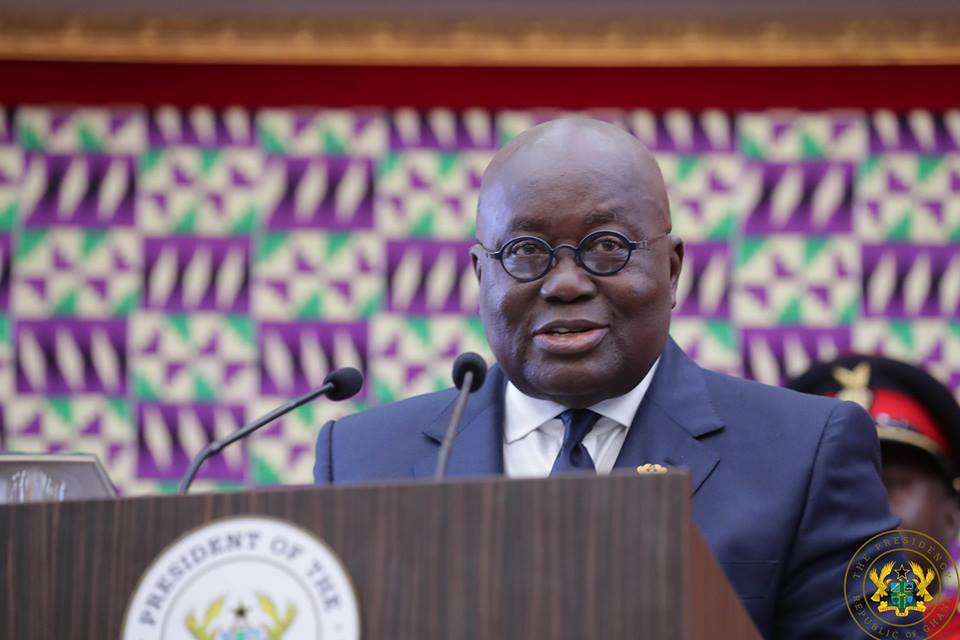
President Akufo-Addo to deliver final State of the Nation address on January 3, 2025
President Nana Addo Dankwa Akufo-Addo will, on Friday, January 3, 2025, deliver his final State of the Nation Address (SONA) to Parliament.
A key focus of the President’s address is expected to be the state of Ghana’s economy. Topics likely to be highlighted include the country’s macroeconomic indicators, Gross Domestic Product (GDP) growth, inflation, gross international reserves, policy objectives, job creation, and infrastructural development across various sectors.
The exercise is in accordance with Article 67 of the 1992 Constitution.
“Our economy is rebounding impressively, as demonstrated by the remarkable 7.2 percent growth achieved in the third quarter of 2024, with the year’s growth rate projected at 6.8 percent.
“These achievements are not just numbers or statistics; they are stories of lives changed and futures made brighter,” the outgoing President stated in his recent New Year message.
In his penultimate SONA, delivered last year, he noted that the macroeconomy was significantly stronger at the end of 2023 compared to 2022.
Inflation, which peaked at 54.1 per cent in December 2022, had reduced to 23.5 per cent by January 2024.
President Akufo-Addo further highlighted that real GDP growth for the first three quarters of 2023 averaged 2.8 per cent, surpassing the targeted growth rate of 1.5 per cent for the year.
On the performance of the cedi, he stated that it had remained largely stable since February 2023, with a cumulative depreciation of 9 per cent between February and December 2023.
Gross international reserves also saw a significant increase, rising to US$5.9 billion.
The President has consistently emphasised the achievements of his administration, particularly in areas such as education, health, and infrastructure.
For instance, the flagship educational policy, ‘Free Senior High School (SHS),’ has benefitted approximately 5.7 million youth over the past eight years.
Additionally, initiatives such as the Capitation Grant, Feeding Grants to Special Schools, and BECE registration for public Junior High School pupils have substantially increased access to basic education.
The government has also focused on improving learning outcomes, introducing reforms aimed at ensuring that every child exiting primary school is equipped with literacy and numeracy skills. A National Standardised Test for numeracy and reading skills is now conducted at primary four (P4).
In the energy sector, the government reports that over 200 communities have been connected to the national grid, raising the country’s electricity access rate to 88.85 per cent. Plans are underway to achieve universal access by connecting an additional 400 communities under the Self-Help Electrification Programme (SHEP).
On infrastructure, six interchanges have been completed and inaugurated, with 13 similar projects currently ongoing.
“But I will also acknowledge the challenges we have faced. The road has not always been smooth, and there have been times of difficulty and sacrifice.
“We have, through it all, demonstrated the resilience of the Ghanaian spirit. Post-COVID-19 has truly tested us to our limits but also reminded us of who we are — a people who rise together no matter the odds,” the outgoing President remarked in his New Year message.
Despite the electoral defeat of the New Patriotic Party (NPP) to the National Democratic Congress (NDC), attributed largely to economic difficulties, the President is likely to emphasise the Finance Minister’s statement of leaving behind a rebounding economy. This narrative will serve to frame a positive and enduring legacy for his administration.
